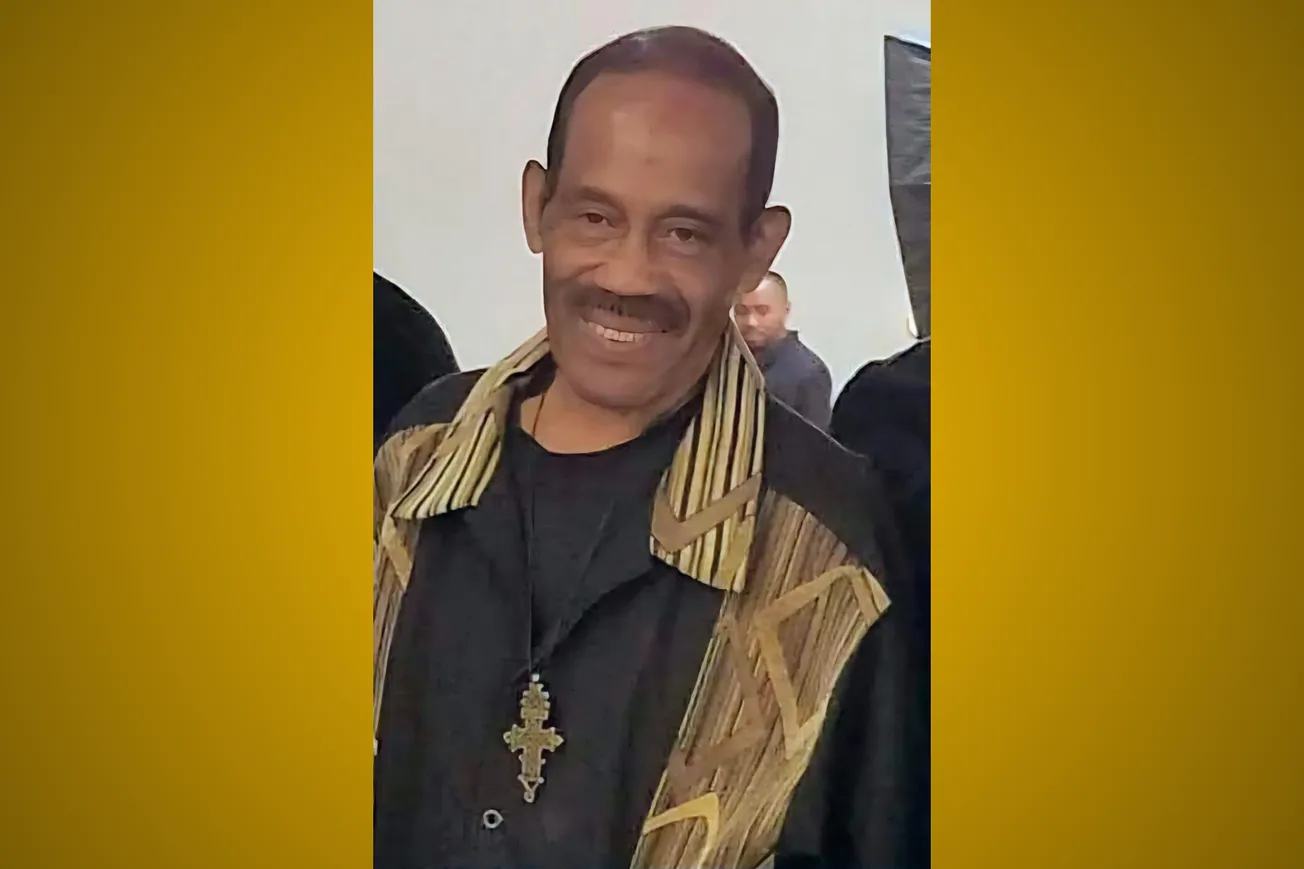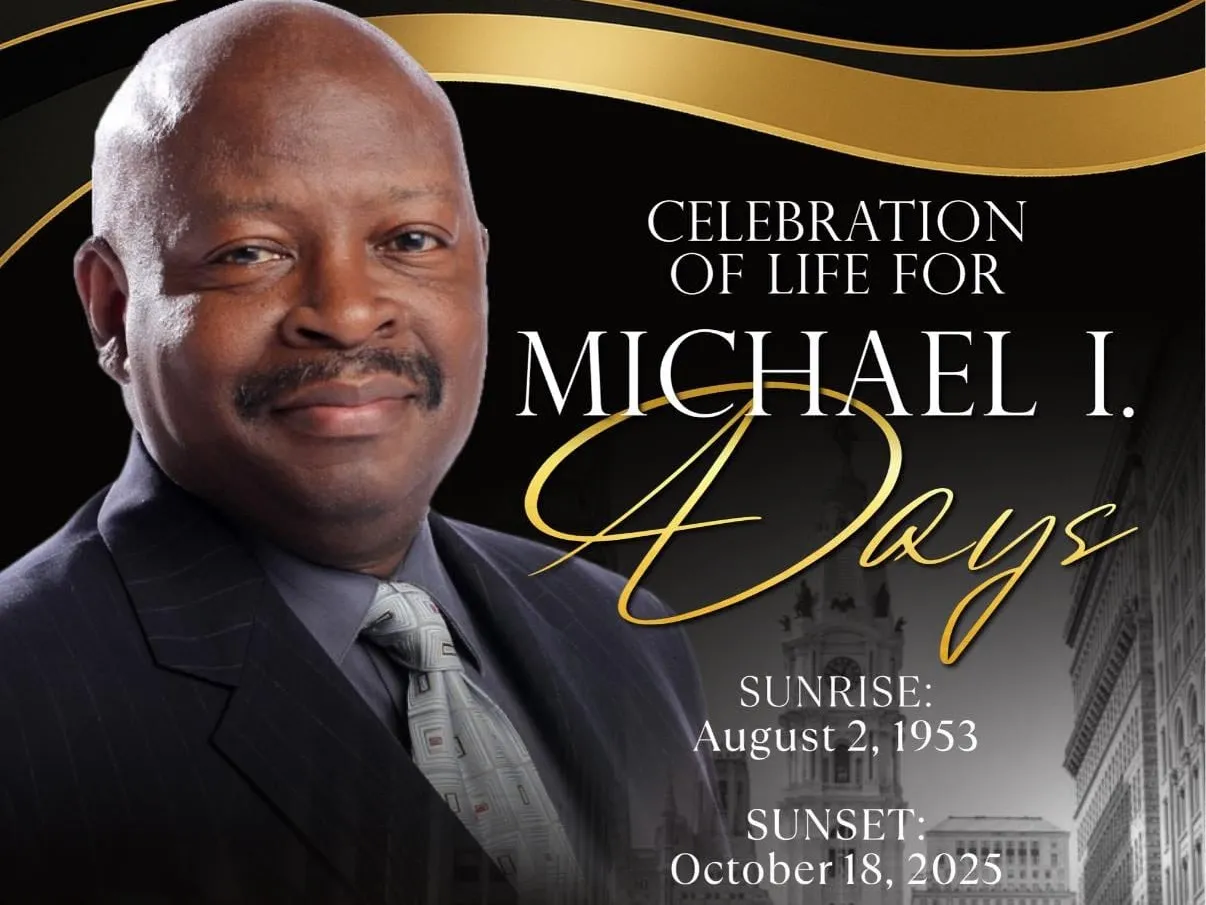Fr Augustus “Gus” Taylor Jr., a Black Catholic priest best known for his activism in the Diocese of Pittsburgh, has died in Los Angeles at age 84. No cause of death was released.
Born in 1940 to Evelyn and Augustus Taylor Sr. in Lexington, Kentucky, he moved with his family as a child to escape the Jim Crow South, settling in Cincinnati during his teen years. There, he attended Catholic schools and converted to the faith, as did his family members.
Taylor entered seminary after high school, graduating from the Athenaeum of Ohio before his ordination in 1966. He was the first Black priest ordained for the Diocese of Steubenville. During his early priesthood, Taylor served on the Jefferson County Board of Developmental Disabilities and on the Community Action Council, an anti-poverty program.

In 1968, Taylor was one of several priests who jump-started the Black Catholic Movement with the founding of the National Black Catholic Clergy Caucus (NBCCC) in Detroit following the assassination of Dr. Martin Luther King Jr. Shortly thereafter, Taylor envisioned what would become the Institute for Black Catholic Studies (IBCS), a program stationed at Xavier University of Louisiana in New Orleans.
“Taylor, with genuine foresight, suggested the creation of a structured academic program through which to share Black Catholic viewpoints among ourselves and with the hierarchy, pastors, and religious women and men ministering in African American communities,” reads a history from the IBCS, to which Taylor served later served as a consultant.
In 1969, Taylor later took leave from the Diocese of Steubenville to found what was reportedly the nation’s first Office of Black Catholic Ministries, in the Diocese of Pittsburgh under Bishop John Wright. It was part of a regional effort also including the dioceses of Greensburg, Youngstown, Steubenville, and Wheeling.
In Pittsburgh, Taylor also became the first Black pastor in the region, when in 1970 he was installed at St. Brigid-St. Benedict the Moor Church, a historically Black parish in Pittsburgh’s Hill District. (His younger brother, Fr David Taylor, became the first Black Catholic ordained for the diocese in 1974.)
While serving at Benedict the Moor, Taylor made headlines for his local activism. In 1971, he was accused by a prison warden of spreading “revolutionary philosophies” among inmates by way of Ozanam Strings, a children’s orchestra he helped administer. Taylor was later banned from Pittsburgh’s Western Penitentiary after a judge denied his first amendment legal appeal.
He also made waves internationally, traveling to Africa in 1971 as a U.S. delegate to the National council of Black Churchmen African Conference in Tanzania, where he made connections to promote Black liberation theology. In 1975, he received a doctorate from the University of Pittsburgh, with a dissertation on the synergy between African culture and Catholicism.

By the early 1980s, Taylor was serving in the Archdiocese of Los Angeles, where he was briefly an associate pastor at St. Brigid Catholic Church—a hotbed of the shift to Gospel Masses in the Black Catholic community. Taylor reportedly saw the liturgical change as a “a way to demonstrate to the church hierarchy that blacks do have a tradition, a heritage, and a culture that can and should be used by black Catholics in a liturgical setting.”
In 2018, Taylor was named to the NBCCC’s list of Distinguished Exemplars, men affiliated with the caucus who were nominated by the organization's membership.
In his final years, he served on the board of the Empowerment Congress in Los Angeles and was affiliated with Holy Name of Jesus Catholic Church. He was not assigned there at the time of his death on Nov. 5, and was not listed in recent directories for the archdiocese. Chancery officials did not respond to a request for comment from BCM.
A funeral Mass has been scheduled for noon PT at Holy Name of Jesus on Friday, Dec. 13. Burial will take place at Holy Cross Cemetery in Culver City.
Nate Tinner-Williams is co-founder and editor of Black Catholic Messenger.










